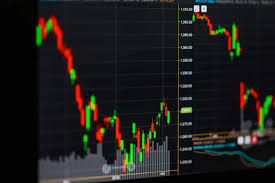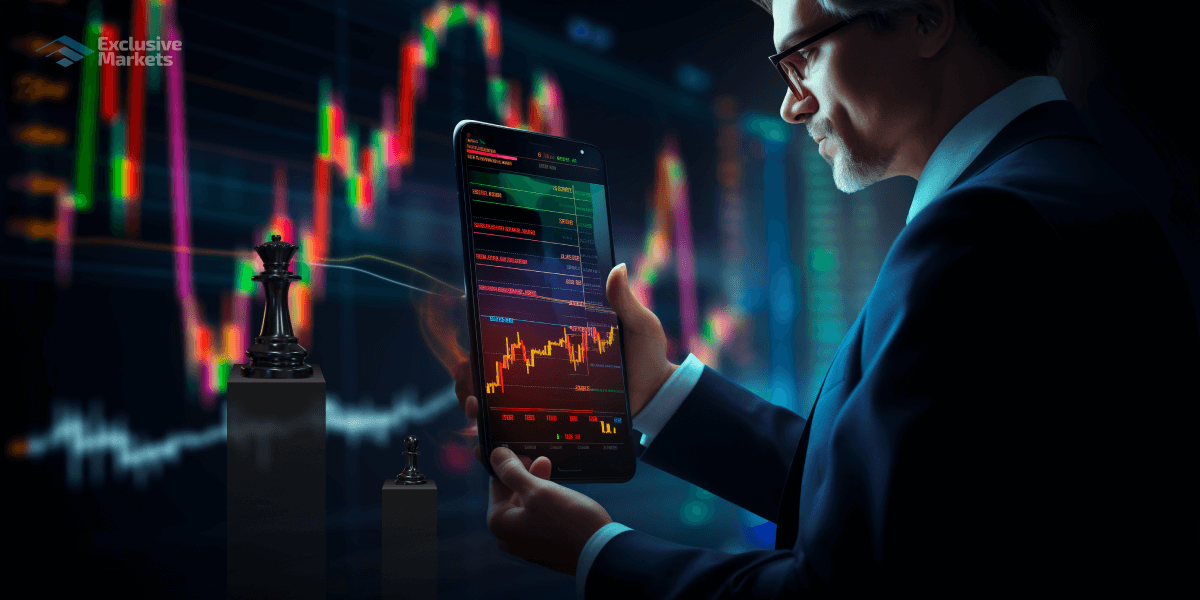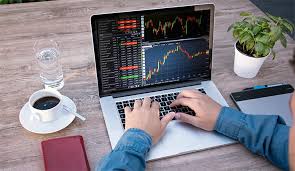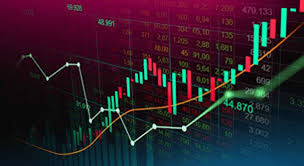
In the world of Forex trading, demo accounts hold a special significance for both beginners and experienced traders. A demo forex trading account https://trading-ph.com/ allows traders to practice trading in real market conditions without risking real money. This guide will explore the numerous benefits of using a demo account, how to use it effectively, and some strategies to enhance your trading skills.
What is a Demo Forex Trading Account?
A demo Forex trading account is a simulated trading environment provided by brokers. It allows traders to practice trading with virtual money while utilizing the same trading tools and features available in a live account. The primary purpose of a demo account is to help traders understand how the Forex market operates, without the risk of financial loss.
Benefits of a Demo Forex Trading Account
There are several advantages to opening a demo Forex trading account:
- Risk-Free Trading: The most significant benefit is the ability to trade without risking real money. This is especially advantageous for beginners who are still learning the ropes.
- Learning Experience: A demo account serves as a practical learning platform, enabling traders to understand market dynamics, trading strategies, and the intricacies of the trading platform.
- Testing Strategies: Traders can use a demo account to test various trading strategies and determine their effectiveness before applying them in a live trading environment.
- Familiarization with Trading Platforms: Demo accounts allow traders to familiarize themselves with different trading platforms, tools, and features available from different brokers.
- No Emotional Pressure: Since there is no real money at stake, traders can focus purely on strategy and technique without the pressure that comes from trading with actual funds.

How to Open a Demo Forex Trading Account
Opening a demo Forex trading account is generally a straightforward process. Here’s how you can do it:
- Choose a Forex Broker: Research various brokers and choose one that offers a reliable demo account. Look for brokers with good reviews, excellent customer support, and the trading platforms that suit your needs.
- Sign Up: Visit the broker’s website and fill out the registration form to open a demo account. You will typically need to provide your name, email address, and some basic information.
- Download the Trading Platform: Many brokers offer their platforms for download, or you may have the option to use a web-based platform. Follow the instructions provided by the broker to set everything up.
- Start Trading: Once your account is set up, you’ll receive virtual currency, allowing you to start simulating trades in the Forex market.
Making the Most of Your Demo Account
While demo accounts are an excellent tool for learning, it’s crucial to use them effectively. Here are some tips:
- Set Realistic Goals: Treat your demo trading as seriously as you would a live account. Set realistic trading goals and work towards achieving them.
- Simulate Real Trading Conditions: To prepare yourself for live trading, maintain a trading schedule and simulate market conditions as closely as possible.
- Keep a Trading Journal: Document your trades, strategies, and results. A trading journal will help you identify what works and what doesn’t.
- Experiment with Different Strategies: Don’t hesitate to try different trading strategies to see which ones suit your trading style best.
- Gradual Transition to Live Trading: After gaining enough experience and confidence, consider transitioning to a live account. Start with a small amount of capital that you can afford to lose.

Common Mistakes to Avoid
As traders utilize demo accounts, certain common pitfalls can hinder their learning experience:
- Neglecting Risk Management: Just because you’re trading with virtual money doesn’t mean you should ignore risk management principles.
- Underestimating Market Conditions: Some traders may forget that demo trading does not replicate the pressure and emotional response of real trading conditions.
- Rushing to a Live Account: Many traders are eager to enter the market with real money before they are adequately prepared. Take your time to develop your skills.
Conclusion
A demo Forex trading account is an invaluable tool for anyone looking to trade Forex. It offers a unique opportunity to practice and refine trading skills without financial risk. Remember that while a demo account can help develop and test strategies, the true test comes when you transition to a live account. Take the lessons learned from demo trading seriously, and you will be well-prepared for the challenges of real trading.
Final Thoughts
In the ever-changing landscape of the Forex market, staying informed and adaptable is crucial. Make the most of your demo trading experience by actively engaging with the market and continuously improving your trading skills. With time, patience, and practice, you’ll be on your way to becoming a competent Forex trader, ready to tackle the real market.

